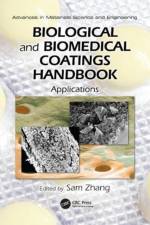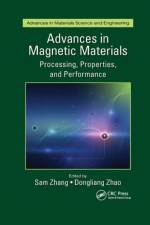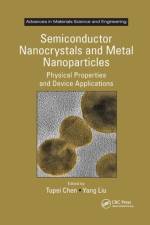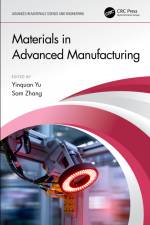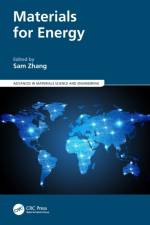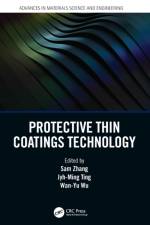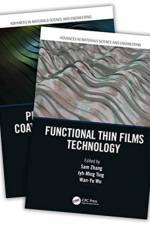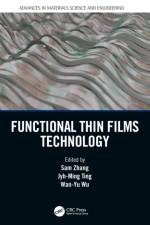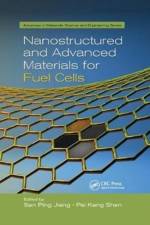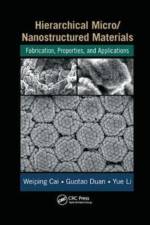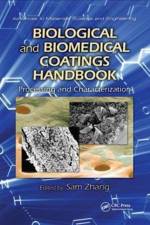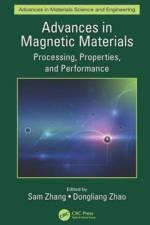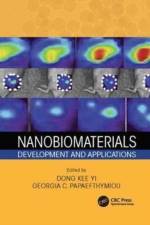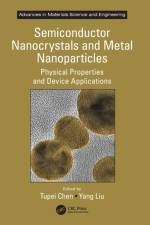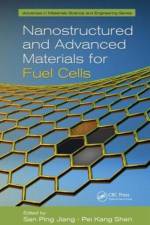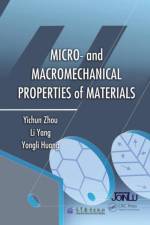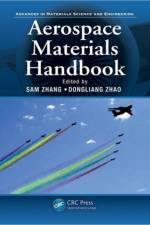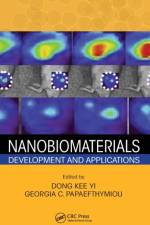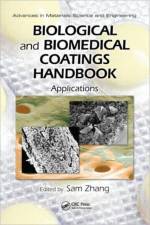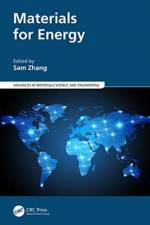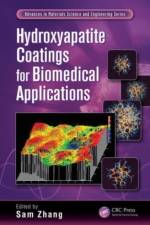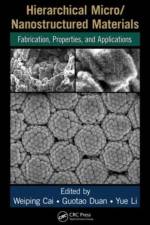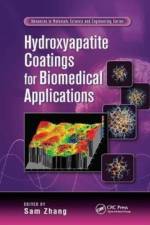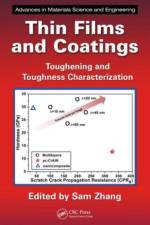2 917
Whether an airplane or a space shuttle, a flying machine requires advanced materials to provide a strong, lightweight body and a powerful engine that functions at high temperature. The Aerospace Materials Handbook examines these materials, covering traditional superalloys as well as more recently developed light alloys. Capturing state-of-the-art developments in materials research for aeronautical and aerospace applications, this book provides a timely reference for both newcomers and veteran researchers in the field.The chapters address developments in bulk materials, coatings, traditional materials, and new materials. Beginning with an overview of superalloys, including nickel-, nickelΓÇôiron-, and cobalt-based superalloys, the text covers machining, laser cladding and alloying, corrosion performance, high-temperature oxidation, thermal spraying, and nanostructured coatings. It also includes four categories of composites used in aerospace: metal matrix, polymer, carbon nanotube-reinforced polymer, and self-healing composites. The text describes preparation, processing, and fatigue of lightweight magnesium alloys, as well as an exciting new class of materialsΓÇöaerogels.This book brings readers to the cutting edge of research in materials for aerospace and aeronautics. It provides an entry point into this field and presents details to stimulate future research. This unique, up-to-date resource offers knowledge to enable practitioners to develop faster, more efficient, and more reliable air- and spacecraft.

